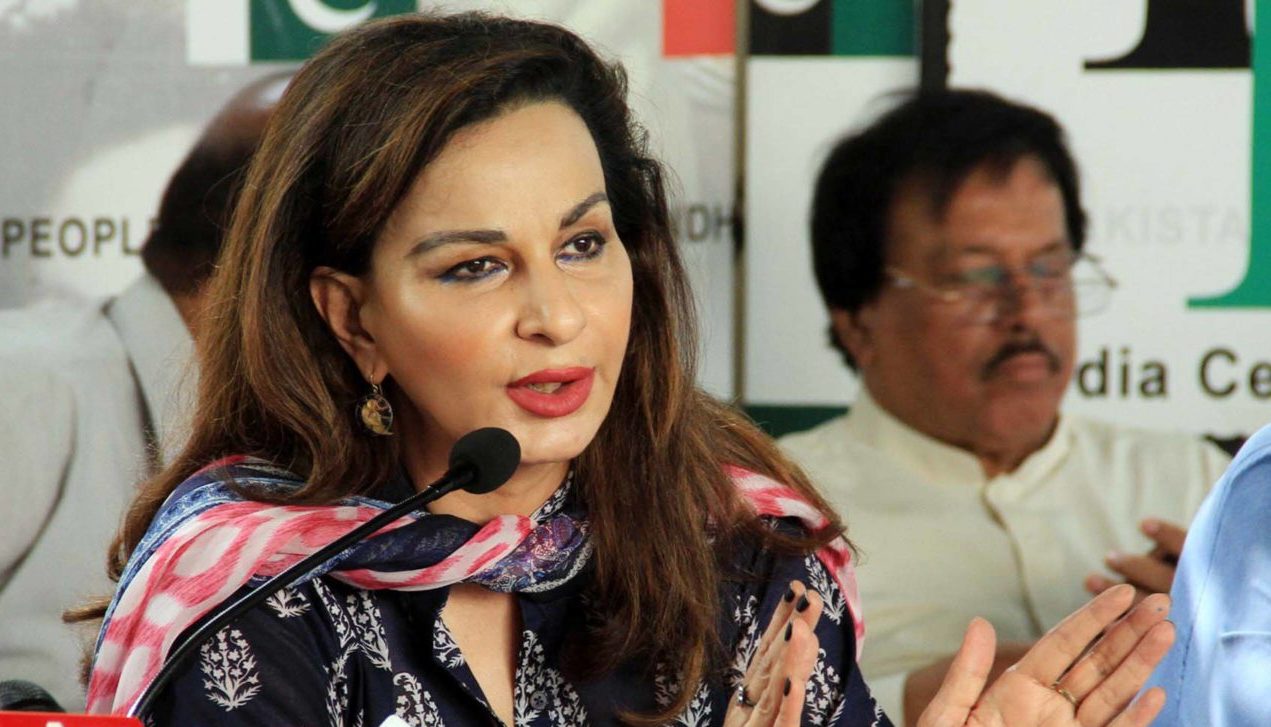ISLAMABAD : Parliamentary Leader of the Pakistan People’s Party (PPP) and Chairperson of the Senate Standing Committee on Climate Change and Environment, Senator Sherry Rehman, on Wednesday said that the federal budget for 2025-26 must reflect the urgent priorities of the provinces, especially in the context of Pakistan’s climate vulnerability and development needs.
Speaking during the general discussion in the Senate, Senator Rehman said the Public Sector Development Programme (PSDP) remains a crucial element for every province, adding that PPP’s budget proposals, particularly for Sindh, were both constructive and well-grounded.
Highlighting the need for reform in long-standing development schemes, she said, “Many projects have been ongoing for 10 to 15 years without review. These must be evaluated in line with contemporary requirements.”
Senator Rehman said that 26 million children remain out of school across the country and this was primarily a provincial matter that needed serious attention. However, she appreciated the budget’s focus on youth development in Balochistan and education in Sindh.
Drawing attention to climate change, Sherry Rehman said Pakistan had recently been ranked the most climate-vulnerable country globally, according to international assessments. “This is an alarming development. We must act accordingly,” she stressed.
She criticized the significant reduction in the environment protection budget, which has been slashed from Rs7.2 billion to Rs3.1 billion. “In a country facing extreme weather and environmental crises, cutting the climate budget is irresponsible. Are we going to rely solely on international aid?” she asked.
The lawmaker said that extreme weather patterns were already having a severe impact. “Temperatures have reached 49 degrees Celsius, and in some areas even 53. In other countries, 40 degrees triggers a national emergency,” she said. Quoting UN figures, she added, “Pakistan has officially entered the category of water-scarce nations in 2025. We must prioritize climate funding.”
On tax measures, she opposed the 18 percent general sales tax imposed on solar panels, warning that it would hinder the ongoing rooftop solar revolution. “This tax must be reviewed or withdrawn entirely. People should be encouraged to adopt clean energy solutions,” she added.
Senator Rehman also voiced concern over enhanced powers granted to the Federal Board of Revenue (FBR), including the authority to arrest CEOs. “Such measures create a hostile environment for businesses and will discourage job creation,” she cautioned.
Commenting on the geopolitical tensions between Israel and Iran, she warned that rising international oil prices could have a direct impact on Pakistan’s economy.
Despite the challenges, Sherry Rehman commended Prime Minister Shehbaz Sharif and Finance Minister Muhammad Aurangzeb for steering the economy in a positive direction. “The government has taken commendable steps to stabilize the economy and move it towards prosperity,” she noted.
Calling for a review of the minimum wage in light of current economic challenges, the senator welcomed the move to introduce green tagging across all departmental spending. “This is a positive initiative to align national expenditures with climate objectives,” she said.
She also opposed the 18 percent tax on electric and hybrid vehicles, noting that no other South Asian country had implemented such a measure despite having significantly lower pollution indices than Pakistan. “We are ranked second in air pollution, fourth in water pollution, and first in climate vulnerability. Taxing EVs will only increase reliance on smoke-emitting vehicles,” she argued.
Senator Rehman condemned India’s actions regarding the Indus Waters Treaty (IWT), stating that no clause permits unilateral suspension. “Using water as a weapon of war sets a dangerous precedent,” she warned, thanking PM Shehbaz Sharif, Deputy Prime Minister Ishaq Dar, and the Foreign Office for their proactive diplomacy on the issue.
She also lauded PPP Chairman Bilawal Bhutto Zardari for effectively presenting Pakistan’s stance on international forums in the wake of Indian aggression. “The global community is acknowledging Pakistan’s narrative, and credit goes to Chairman Bilawal and the diplomatic team,” she said.
“Pakistan is a peace-loving and responsible nuclear state, and this is a narrative that continues to gain international recognition,” she concluded.














